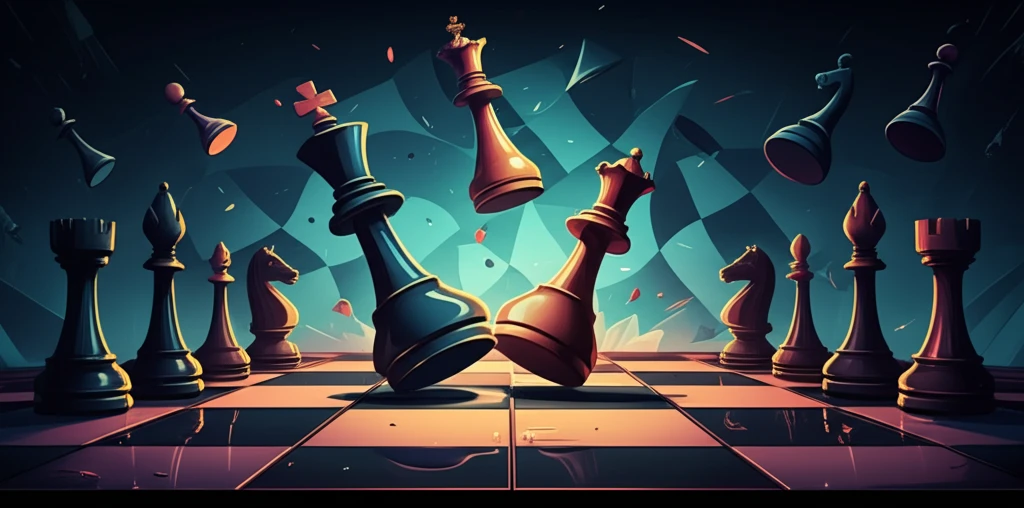
Level Up Your Game: How Understanding Competition Can Help You Win
"New research reveals the hidden dynamics of tournaments and contests, and how you can use them to your advantage."
From the boardroom to the playing field, competitions are everywhere. Whether it's a sales contest at work, an innovation tournament, or a local sports league, these events are designed to push us to perform our best. But what if the very structure of these competitions is working against some of us? A new study dives deep into the dynamics of tournaments, revealing how differences in skill and perceived abilities can dramatically impact performance, and what you can do about it. Think of it as a playbook for anyone who wants to understand the hidden forces at play in any competition, whether you're organizing it or trying to win it.
Tournaments, as incentive mechanisms, are used to promote science and innovation in business, politics, and sports. The goal is to select specific contest rules, prize structures, and contestant compositions, this strategy helps to align with the goals.
To understand the influence of contestant ability and relative abilities and how it affects performance, darts tournament were evaluated and is presented as data. It revealed a critical parameter, relative abilities of the contestants affect performance. In competitions with one or two players, the contestant with lower ability has reduced incentives to exert high effort due to a diminished probability of winning the reward, leading to lower performance levels. The contestants with higher ability, in turn, reduce effort because they anticipate the drop in performance of the contestants with lower ability.
The Skill Gap: How Uneven Playing Fields Impact Performance

The research confirms a long-held belief: when there's a significant skill gap between competitors, the lower-ability contestant tends to perform worse. It's a discouraging effect – like knowing you're facing an uphill battle. What's fascinating is that even moderate skill differences can trigger this, not just extreme mismatches.
- The Discouragement Effect: A lower-skilled contestant's performance decreases as a result of ability heterogeneity.
- Rising to the Occasion: A higher-skilled contestant will rise to the occasion when in competition with lower skilled contestants.
- Early Competition: A contestant's actions or performance may change depending on course of contest.
Turning Insights into Action
The next time you find yourself in a competitive situation, remember that the playing field might not be as level as it appears. Recognizing these hidden dynamics can help you adjust your strategy, whether you're striving for victory or designing a contest that brings out the best in everyone.
